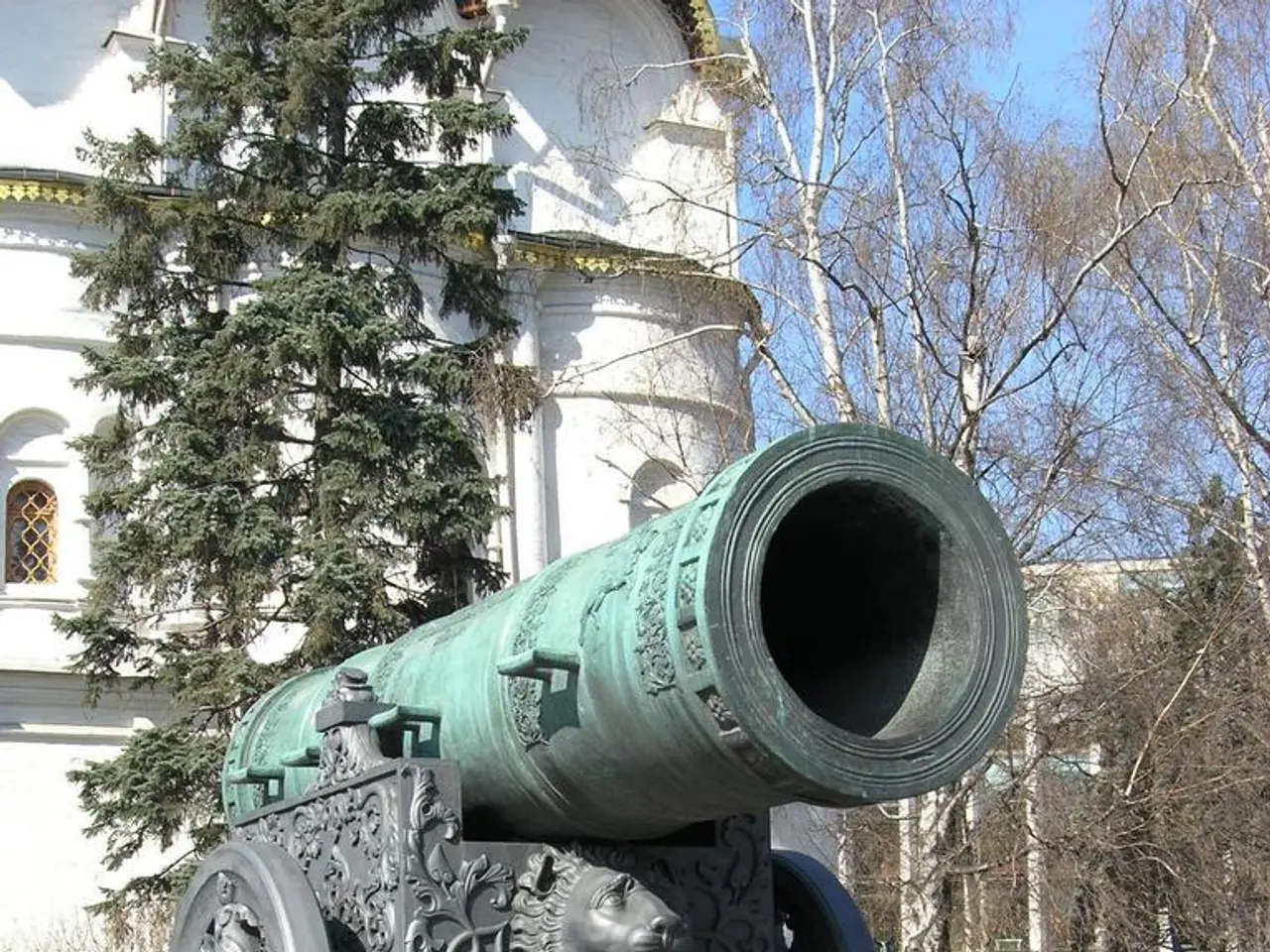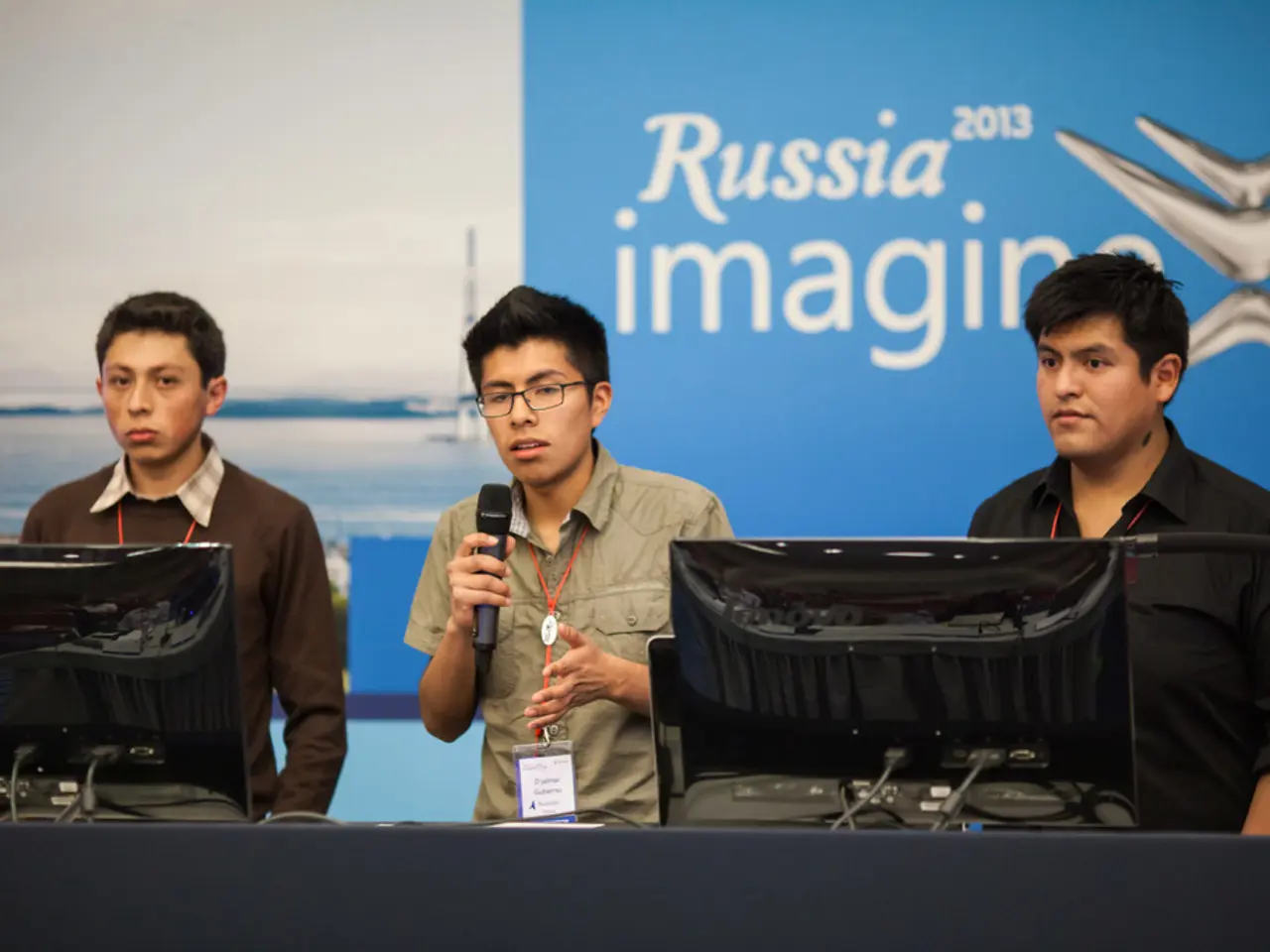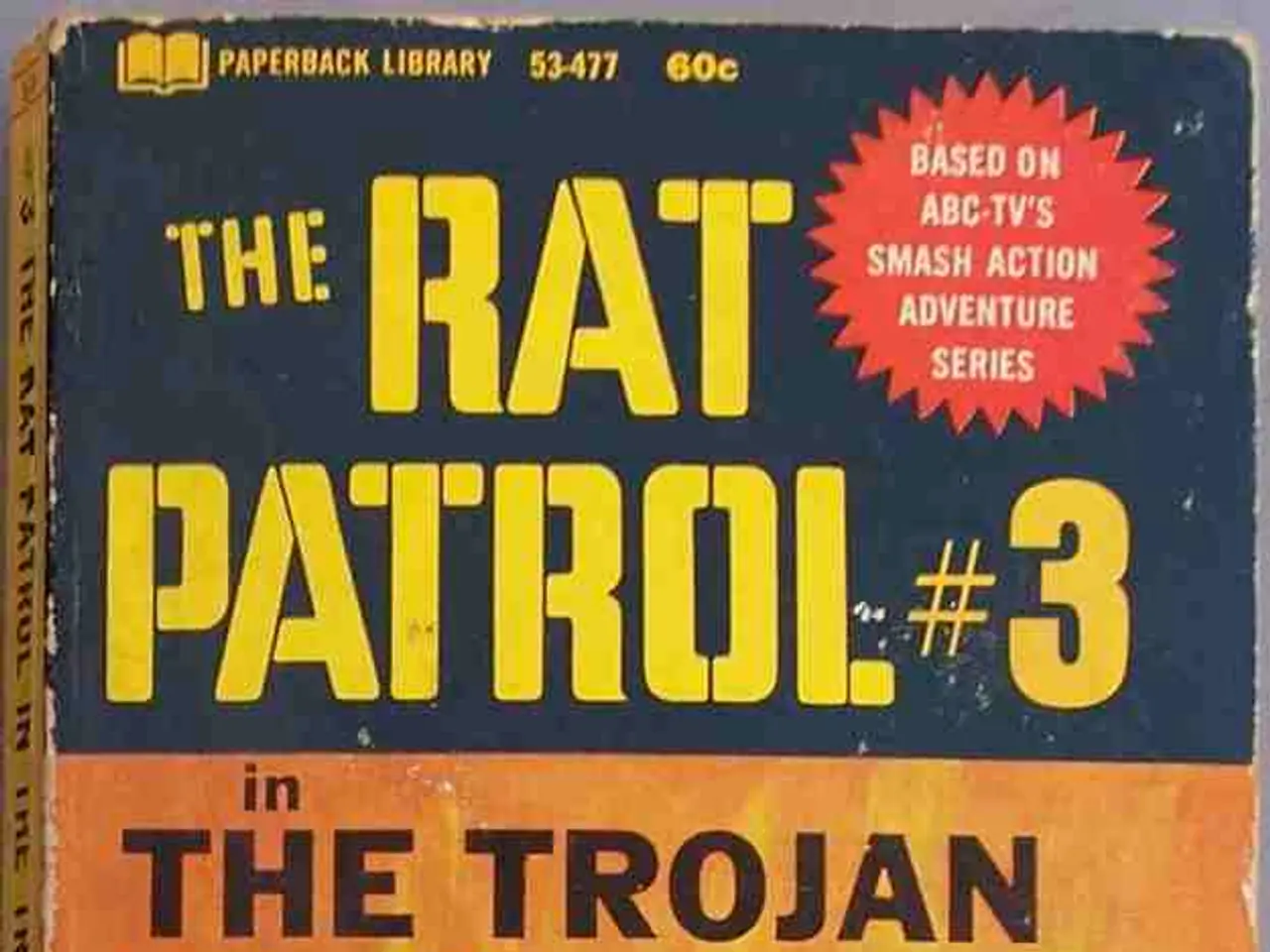Indigenous-Led Anti-War Movements in Russia Carry Anti-Colonialist Undertones
Modern Dissidents Rise Amidst Russia's Conflict
When Russia invaded Ukraine, a wave of dissent was unleashed, marked by the rise of various anti-war movements. These initiatives, largely driven by pre-existing feminist organizations and Indigenous groups, are making their voices heard despite the challenges.
Leading the charge are groups like The Social Democratic Alternative, Eighth Initiative Group, Eve's Ribs, the Agasshin Project, and the Feminist Translocalities Project, among others. Although no centralized movement unites all Indigenous Peoples and ethnic minorities in Russia, their collective efforts against the war have sparked a remarkable collaborative spirit.
What sets these movements apart is their stance against colonialism and imperialism. Activists in Russia, regardless of their background, highlight theipermanent presence of colonialist and imperialist sentiments in Russian society. They criticize the Russian attack on Ukraine as the next step in a longstanding history of misunderstanding a sovereign Ukrainian nation as a threat that needs to be neutralized. These sentiments are particularly strong within Indigenous communities who face daily systemic racism, discrimination, xenophobia, and violence.
The Free Buryatia Foundation, the first anti-war initiative started in response to the invasion of Ukraine, stands as a shining example. Its goals are twofold: to end the war and to combat racism and xenophobia within Russia. Founded by Alexandra Garmazhapova, the organization serves to raise awareness of the disproportionate number of Buryat soldiers dying in the war, the overrepresentation of Buryats as the main perpetrators of violence, and the underlying factors that push Buryats into military service.
"Our region has been leading in losses since the very beginning of the war, and it was important for us to declare that we are Buryats, and we are against the war," Garmazhapova stated in a July interview. "We consider the war with Ukraine xenophobic, because if Russia had a tolerant society, the idea of 'denazification' of Ukraine...would not find support among Russians."
The Free Buryatia Foundation actively shares credible information to combat propaganda and misinformation, tracks statistics on losses during the war, provides legal advice to help military personnel terminate their contracts, and strives to prevent Russian servicemen from going to Ukraine. The majority of the organization's team resides outside the Russian Federation for safety reasons, avoiding the country's increasingly restrictive "fake news" laws, which are used by the state to censor, detain, and imprison those who oppose the war.
While the Free Buryatia Foundation serves as a model for similar initiatives, Indigenous-led anti-war organizations based within Russia remain few, maintaining anonymity and using platforms like Instagram (VPN required) and Telegram to share information. Examples include the Sakha Pacifist Association, New Tuva Movement, and Asians of Russia, which focus on sharing information relevant to their respective regions while also offering support to one another.
Indigenous individuals are actively involved in anti-war actions, despite being targeted by the Russian Federal Security Service and the Center for Combating Extremism. These activists use social media to raise funds for their legal aid, build networks, and challenge the state's narrative. With each post, they harness the power of social media to distribute information restricted by the state and the mainstream media, forging connections that allow them to thrive under the current Russian regime.
Although each Indigenous group may not have a uniform stance on the war, they recognize the significance of using their nationality or cultural background as a tool to appeal to the public. While some fear how unnamed activists or groups can represent entire peoples, the overarching sentiment is that these actions serve to cultivate rebellion, inspire unity, and create a message of hope for future generations.
In this struggle against colonialism, anti-war slogans in Indigenous languages are a symbolic part of the broader cultural education movement. Fights around national languages in Russia are intrinsically linked to state-sanctioned xenophobia and the subjugation of native languages to Russian supremacy. Thus, resistance against colonialism is an on-going battle for language and cultural sovereignty, making it a key area of focus for the state and its security forces.
And so, as the world watches developments in the conflict between Russia and Ukraine, the resistance within Russia stands as a testament to the power of unity, resilience, and a refusal to bow down to colonialism. From the Buryats in the Far East to the Tuva people in Siberia, these modern dissidents continue to strive for a future where their voices are heard and their cultures are respected.
Activists within these movements often connect the war in Ukraine to Russia's historical penchant for imperialism, highlighting their intentions to combat not only the conflict but also systemic racism, discrimination, and xenophobia. (politics, war-and-conflicts)
In resistance against colonialism, Indigenous groups in Russia utilize their native languages for symbolic anti-war slogans, aligning their struggle with a broader cultural education movement against state-sanctioned xenophobia and the suppression of native languages to Russian supremacy. (general-news, politics)





